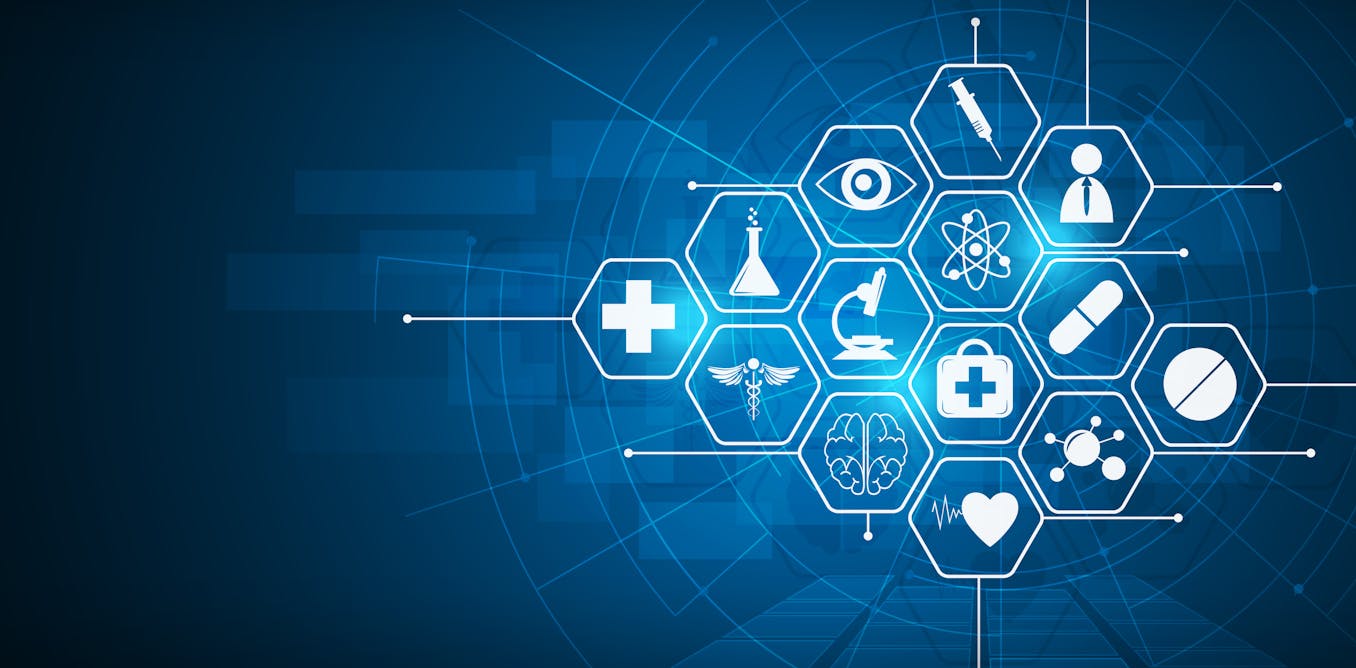ARPA-H: High-risk, high-reward health research is the mandate of new, billion-dollar US agency
Renee Wegrzyn will lead the new Advanced Research Projects Agency for Health, which is tasked with speeding up how fast basic science is translated into real-world applications.
Sept. 16, 2022 • ~8 min






